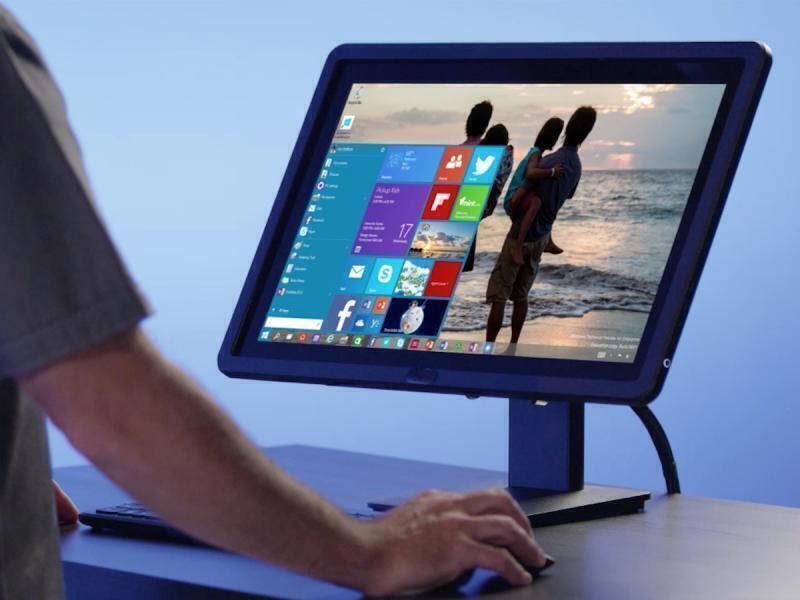Microsoft’s Windows 10, as positive as the response to the updated OS has been (this is no Vista or Windows 8), has still managed to come under fire for a variety of reasons – most of them related to user privacy. Windows 10 seems to be constantly communicating with Redmond (via Ars Technica) and even disabling all of the options giving Windows 10 permission to do so seem to do little to help that little foible.
Though Microsoft has an answer to the web communication with their servers, saying that “…updates may be delivered to provide ongoing new features to Bing search…” and that “…[n]o query or search usage data is sent to Microsoft, in accordance with the customer’s chosen privacy settings”, there are fears that Microsoft could be using that connection to do other things. Things like check your machine for stuff it doesn’t want on there.
This fear isn’t allayed by the discovery of changes to the company’s Services Agreement, which states that they “may automatically check your version of the software and download software updates or configuration changes, including those that prevent you from accessing the Services, playing counterfeit games, or using unauthorized hardware peripheral devices.”
There’s some debate about what this means and why Microsoft is specifically targeting counterfeit games but it probably has something to do with what the new Microsoft Services Agreement covers. Everything from Skype to Office 365 to Xbox Live falls under the new agreement’s purview so the language makes a lot of sense if you’re thinking in terms of game consoles.
Microsoft would want to keep an eye on illegally modded consoles as well as tweaked game controllers that allow cheating in an online environment (those exist, sadly). This agreement gives the company the option to lock out the consoles in question if they’re running a mod-chip or aimbot-toting Xbox One controllers, though exactly what action Microsoft would take isn’t made clear. As written, this section could also apply to PCs and even smartphones, which is a much more unpalatable prospect. Having Microsoft making sure that static, gaming specific hardware via an online check is more or less bearable, if not ideal, having the company rifling through a PC’s files for the same ill-defined reason is far less so.
Source: WinBeta
